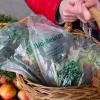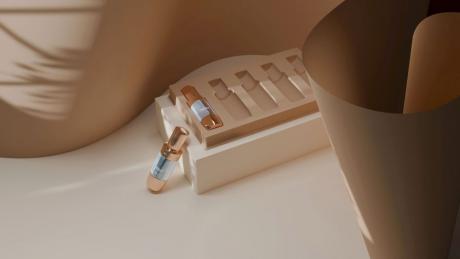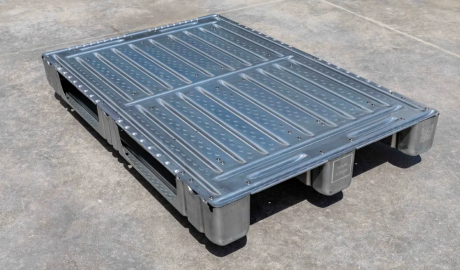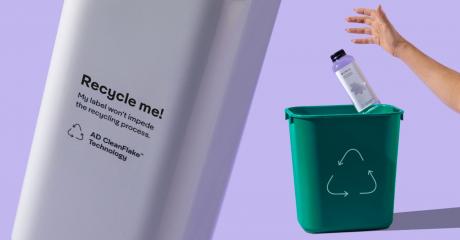Coim, an Italian multinational that has been producing speciality chemicals since 1962, is investing in several research and development projects to be able to offer a complete range of recyclable polyurethane-based solutions, including inks, for flexible packaging.
Ivo Sensini, head of the Flexible Packaging Inks division, explained:
We are working to achieve mechanical recycling of flexible plastic packaging without the material degradation caused by the recycling process, which today forces recycled plastic to be reused in less noble applications than the original ones, such as the production of benches and plastic bags. This is not a truly sustainable process. The aim, therefore, is to replace nitro-based inks with polyurethane-based inks, which make it possible to obtain crystalline and transparent granules at the recycling stage that can be used for all kinds of applications.
In addition to recycling, polyurethane-based inks face the challenge of achieving print quality comparable to that currently available for flexible packaging. In fact, the entire industry has worked hard to develop printing techniques that provide excellent quality, even for very complex images, to meet the particularly high aesthetic standards of European packaging. COIM is also working to ensure the same printability as currently used inks.
Luca Gianzini, Marketing and M&A Division added:
Coim is committed to identifying recyclable solutions not only in the area of inks, but also in coatings and adhesives for flexible packaging, in line with its strategic '3 in 1' approach, which enables the company to offer customers complete solutions for flexible packaging. Recently, for example, COIM Novacote NC 560 A + CA 101', a solvent-based aliphatic laminating adhesive used in the production of PE multilayer films for flexible food and pharmaceutical packaging, was approved by Recyclass as fully compatible with the flexible polyethylene recycling stream in Europe.
According to Recyclass, "Scientific tests show that, unlike many other laminating adhesives, Coim technology has very little effect on the colour of the final recyclate. This recyclability approval underlines the importance of innovation in overcoming some of the design problems commonly encountered in plastic packaging. It also reinforces the work of the RecyClass Laminating Adhesives Working Group, of which Coim is a member, in generating knowledge on the use of laminating adhesives”.








